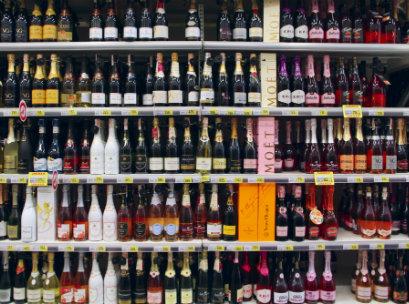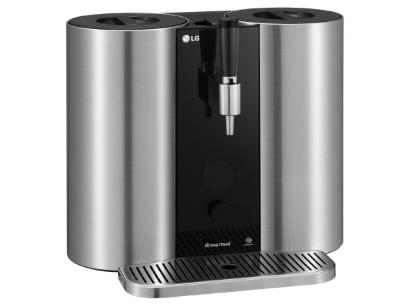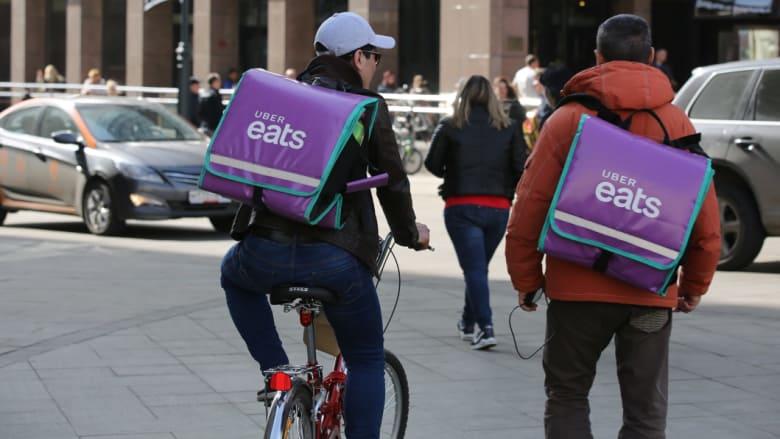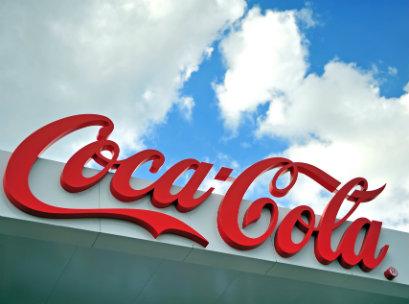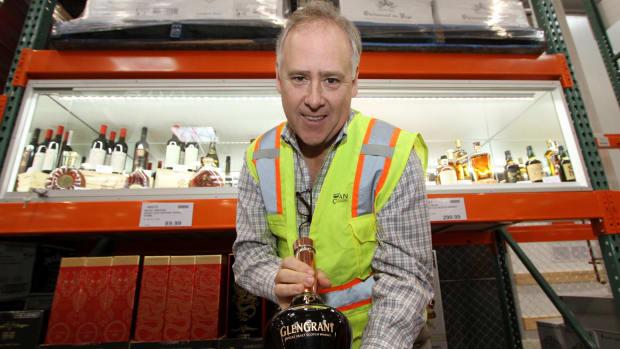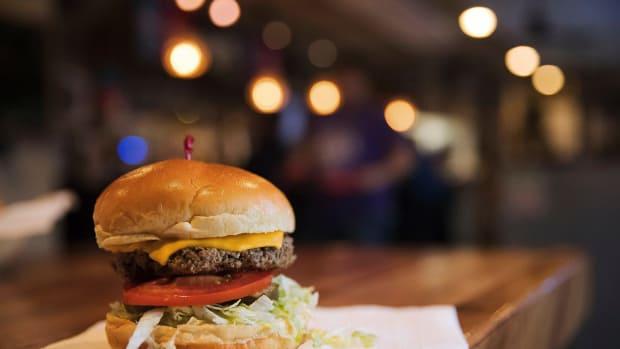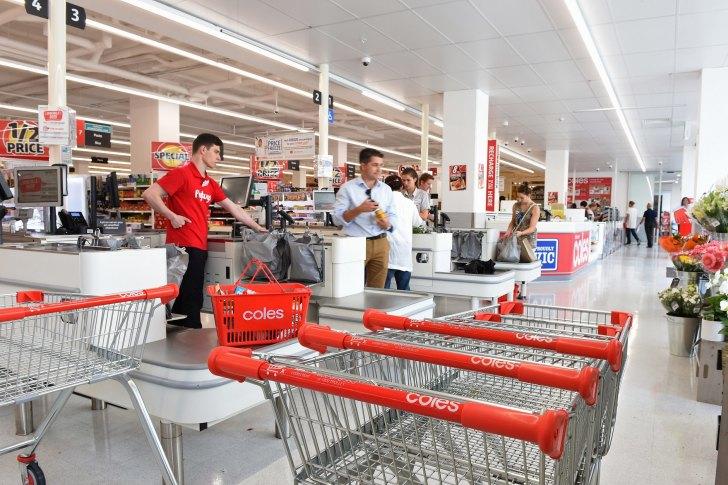
A leading executive at Coles says Australian supermarkets could have checkout-free shopping in 10 years as innovation in retail technology and an increasing focus on costs quickly make the traditional purchasing experience redundant.
The $20 billion ASX-listed retail giant's head of commercial and express, Greg Davis, told The Age and The Sydney Morning Herald that customers would later this decade be able to shop and leave the supermarket without going through a checkout.
"I have no doubt in the next 10 years, customers will be able to take the product off the shelf, put it in their basket, walk out and have it all paid for," Mr Davis said.
Coles is aiming to use technology to strip $1 billion from its cost base by 2023 through an initiative it has dubbed "Smarter Selling". It is also battling fierce rival Woolworths and insurgents such as Aldi for a greater share of the $100 billion-a-year grocery market.
The technology facilitating checkout-free shopping has already been trialled in the United States by retail behemoth Amazon, which runs a number of checkout-free Go stores across the country.
In Amazon's Go stores, artificial intelligence, numerous sensors and data are used to detect what customers pick up and put in their bags. The company then charges the customer's Amazon account after they leave the store.
It is this "almost seamless" shopping experience that Mr Davis is predicting for Coles' stores over the next decade after the success of self-serve checkouts and online shopping in Australia.
Mr Davis said they were an indication of how fast technology had changed the retail sector, noting in 2009 just 60 of Coles' 800 stores had self-serve systems.
"Now almost all of our stores have them and 50 per cent of our customers use them when checking out. It's the biggest visible change at Coles in the last decade," he said.
Coles has entered an agreement with British online supermarket Ocado to bring its grocery platform to Australia, in what will be a major shift to its digital offering.
Woolworths has begun tests on a similar checkout-free concept, called Scan & Go, where customers use their mobile phones to scan each item as they shop, and pay digitally before they leave the store.
Coles has already taken strides to fully automate its distribution, working with international specialists Witron and Ocado to build robotic warehouses.
As part of its technology push, Coles will also look to invest further in advanced analytics and artificial intelligence to create "tailor-made" product ranges for each store around the country.
I have no doubt in the next 10 years, customers will be able to take the product off the shelf, put it in their basket, walk out and have it all paid for.
Coles' chief executive of commercial and express Greg Davis
The retailer has inked deals with digital services provider Accenture, Microsoft's Azure cloud platform, and software systems company SAP to help with these projects.
"This will significantly improve our forecasting and therefore improve our availability so we can have exactly the right range in the right stores," Mr Davis said.
In the past financial year, Coles reported an 8.3 per cent drop in earnings excluding significant items. Chief executive Steven Cain said at the time he would be "disappointed" if the company didn't return to profit growth by the 2021 financial year.
Increasing competition from Woolworths, along with new market entrants such as Kaufland and Aldi, has led Mr Cain to label the next five years as the "most competitive period in Coles' History". However, Mr Davis remained unfazed.
"I'm not concerned with the competition at all, I actually find it quite healthy," he said.
"It keeps us on our toes."
Clarification 13/1: In a statement circulated to media on Monday following the publication of this story, a Coles spokesperson confirmed the supermarket was trialling checkout-free shopping technology but said the retailer has "no plans" to completely phase out belted checkouts.
"We've seen technology transform the shopping experience over the past 10 years to make it more convenient and tailored to individual needs," the statement reads. "Coles first introduced self-serve checkouts 16 years ago, and around half of all sales are still made by Coles team members scanning customers’ groceries at belted checkouts."
"We have trialled a number of new technologies to help our customers complete their shopping faster, however there are no plans to phase out the belted checkouts which remain a key part of our store offer."


